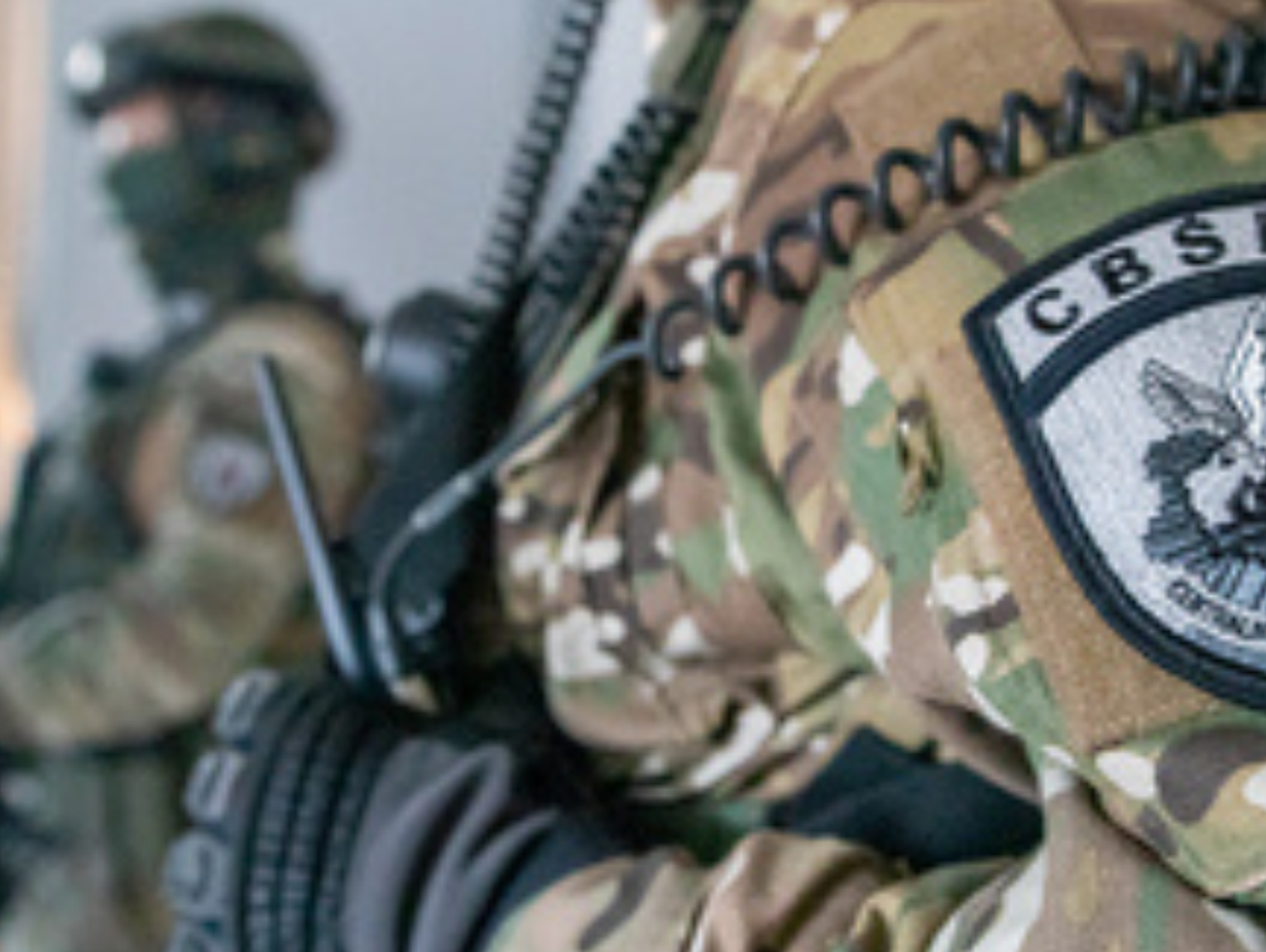Description of the facts
The territory Court of S. by judgement of 23.8.2022, II K 684/21 declared J.D. for having filed a suit for payment of the amount of PLN 28,496 by submitting non-authentic documents, i.e. offences under Article 13(1) of the KK in conjunction with Article 286(1) of the KK and Article 270(1) of the KK in conjunction with Article 11(2) of the KK for which he sentenced him to a punishment of 8 months imprisonment and a fine of 100 regular units, setting the amount of 1 regular rate of PLN 20. In addition, for making false statements, i.e. the action under Article 233 § 1a KK, The court sentenced him to six months imprisonment. The Tribunal then imposed a full punishment of 1 year of imprisonment, which was suspended for 2 years of probation.
Both J.D., as well as his defender brought appeals, suing the conviction in its entirety.
Following the appeal, the territory Court of T. in judgement of 14.2.2023 II Ka 375/22 maintained the contested judgement of the First Instance.
The Ombudsman has challenged the judgement of the Court of Appeal in favour J. D. in the part concerning conviction for a criminal offence under Article 233 § 1a of the KK.
In the light of the plea in law, the Ombudsman requested the annulment of the judgement of the territory Court of T. in the contested part and the acquittal J. D. from committing an act with Article 233 § 1a of the KK.
The ultimate Court, after proceeding the Ombudsman’s cassation in favour of the convicted person, waived the judgement under appeal and acquitted J.D. the performance of an act qualified under Article 233(1)(a) of the KK.
Reasons for SN
According to the ultimate Court, the cassation was clearly justified, which allowed it to be examined under Article 535(5) of the NCP.
First, however, the Ombudsman’s allegation of the Ombudsman was flawed. It raised a breach of the substantive criminal law, i.e. Article 233 § 1a of the Constitutional Code, which the appeal court did not apply due to the maintenance of the First Instance judgment. This issue is of crucial importance since the cassation is in rule subject to a final judgement of the appeal court. Therefore, the allegations raised in this extraordinary appeal should be addressed to the court. adquem. The applicant is aware of this, as it expressed in the grounds for the annulment, while pointing out that in the present case there was a alleged ‘transfer effect’, i.e. the absorption into the judgement of the court adquem deficiencies committed by the court a quo due to the deficiency of reliable review of the appeal. In this situation, the cassation plea had to be reconstructed, taking into account the substance of the justification for this exceptional appeal in favour of the J.D., as required by Article 118(1) of the NCP. However, the qualified entity, which is undoubtedly the Ombudsman, is entitled to file the alleged emergency cassation, should be expected to make more careful allegations.
When it comes to clarifying the grounds for the ultimate Court’s ruling, it is appropriate to callback that, in accordance with Article 233 § 1a of the CCC, criminal liability under that provision is liable to the perpetrator of the act referred to in § 1 (false testimony) if he declares false or conceals the fact for fear of criminal liability threatening him or his closest. As the Ombudsman rightly pointed out, there were doubts in the case law of the highest court in the explanation of this provision, which undoubtedly influenced the practice of law enforcement and the application of the law by courts. The explanation problems of Article 233 § 1a of the Constitutional Code were manifested by the ultimate Court order of 15.1.2020, I KZP 10/19, Legalis. In the above ruling, the ultimate Court refused to adopt a resolution, but found that as a consequence of the entry into force of the amendment of the Criminal Code (made by the Act of 11.3.2016 on the amendment of the Act – Code of Criminal Procedure and certain another laws (Journal of Laws of 2016, item 437), there was a normative change which has been outdated in the case-law of a position that does not commit a crime of false testimony, who intentionally gives false evidence concerning circumstances applicable to the exercise of his rights of defence, even erstwhile he was instructed to the right to refuse to answer questions, if the granting of it could exposure him to criminal liability. The conduct of the perpetrator of false evidence (Article 233 § 1 of the KK) for fear of threatening him with criminal liability, which until now has been treated as a countertype of action under the rights of the defence, has been regarded as the privileged kind of offence referred to in Article 233 § 1a of the KK. The ultimate Court, in its stated order, considered that the legislator as a precedence the request to guarantee the appropriate functioning of the justice strategy and the accomplishment of the objectives of the trial, including the detection and treatment of the perpetrator of the crime, putting them above the right of defence, and so introduced the rule that the witness (whether or not he should have obtained the position of fishy in a given case) is only entitled to silence.
The opposition to the above position was the ultimate Court rulings, which highlighted the warrant (video Article 42(2) of the Constitution of the Republic of Poland and Article 6 of the CCC) of the explanation of the provision of Article 233 § 1a of the CCC (see, inter alia, the ultimate Court order of 10.12.2020, IK 58/19, Legalis; the ultimate Court judgement of 17.2.2021, IV KK 287/20, Legalis), according to which he commits no offence with Article 233 § 1 or § 1a of the CCC, a individual who is interviewed as a witness erstwhile he gives false evidence for fear of exposing himself to criminal liability, within the limits of his own liability. The anticipation to hold a individual liable under Article 233 § 1a of the KC who, for fear of exposing himself to criminal responsibility, is interrogated as a witness and testified to a lie – may only include testimony, the content of which includes a message by another individual or false circumstances unrelated to the act and possible criminal liability of the individual being interviewed.
The discrepancies in the explanation of this provision were settled in the resolution of the ultimate Court of 9.11.2021, I KZP 5/21, Legalis, which was given the power of the regulation of law. In this resolution, the ultimate Court divided the second of the above-mentioned positions and interpreted Article 233 § 1a of the CCC on the basis of constitutional and conventional guarantees, stressing the importance of the defence right. The operative part of the resolution states that it does not commit a crime pursuant to Article 233 § 1a of the Constitutional Code, a witness who gives false evidence for fear of threatening him with criminal liability, if, in exercising his right of defence, he declares untruth or conceals the fact while not exhausting his conduct of the prohibited acts specified in another provision of the law. This position was besides recognised in the later ultimate Court case-law (see, among others, the ultimate Court judgement of 12.5.2022, IV KK 369/21, Legalis; the ultimate Court judgement of 9.3.2023, I KK 505/22, Legalis; the ultimate Court judgement of 29.3.2023, IV KK 530/21, Legalis). They are besides full accepted by the ultimate Court ruling in this composition, regardless of the binding of the said resolution having the power of the law.
Comment
Against the background of the case in question, it appears uncontested that, by subsuming the facts established and interpreting Article 233 § 1a of the KK and by controlling their correctness, no of the courts ruling in the present case saw that J.D. Testifying untruth, he did not exceed the limits of the right of defence, for he had given evidence for fear of self-defence within the limits of his own actions, and he did not falsely talk to another person. In the light of the caselaw presented by the ultimate Court based on the warrant explanation of Article 233(1a) of the CCC, the above circumstances prevented attribution J.D. criminal liability for violating this provision. The Ombudsman is right, almost obvious, that the constitutional right of defence must be read not only as a right to defend itself from the minute of formal message of charges, but in any procedural arrangement in which criminal liability appears to be real. This besides means the right to deny claims made by others at all phase of the proceedings. As the applicant rightly pointed out, a different explanation of Article 233(1a) of the CCC would be grossly contrary to the rule of equality before the law, varying the scope of the warrant of the rights of defence in relation to persons in the same situation, i.e. who are at hazard of being liable for criminal liability.
















![Służby udaremniły przemyt 36 kg marihuany ukrytej w szpuli z kablem [FILM]](https://zachod.pl/wp-content/uploads/2025/12/baea9e29e0e4b8f4df0eec9b654430c2_xl.jpg)